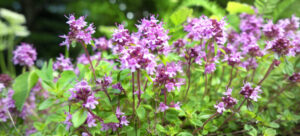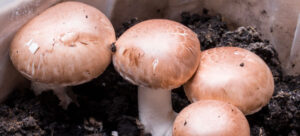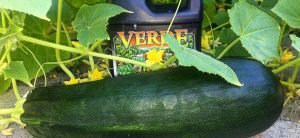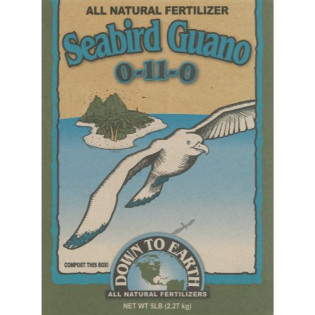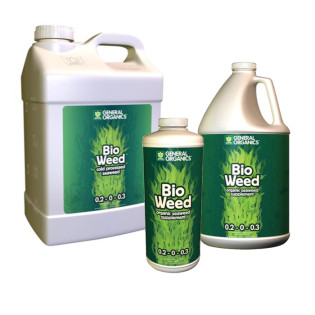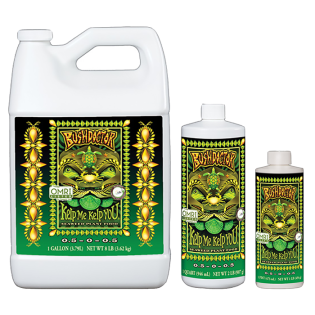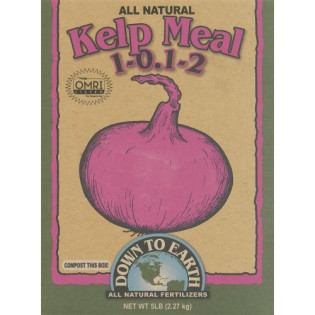
Something you may have never considered is the nutrient source you are feeding your plants.
There are two sources of nutrients for plants: organic and synthetic.
But this can be broken down even further, as organic plant nutrients can be either derived from plant sources or animal sources.
Which of these is best when it comes to absorption, price, and overall plant growth/yields? We’ll look at some of the research to come up with an answer to this.
Animal vs Plant Nutrient Sources: Where Do They Come From?

Let’s start by talking about the sources of organic based nutrients. They must come from living things, which means either animal waste or plant waste.
Many of the fertilizers and additives you see will clearly say the source on the bottle:
As you can guess, kelp meal is broken down seaweed/kelp. Bat guano is manure from bats. Fish fertilizer is broken down fish. These are just a few of the different types of organic fertilizers.
These organic sources are all great ways to feed your plants, but is one necessarily better than the other?
The case for feeding your plants a plant-based fertilizer

In theory, it makes sense to suggest that feeding your plants a fertilizer from plant matter would be a better route.
This is because the compounds within that fertilizer (amino acids) closely mimic the plants you are feeding.
Plus, many growers prefer organic gardening because of the environmental implications.
When you use a plant based fertilizer, you are leaving a greener footprint and not supporting commercial animal farming, which some people have strong feelings about.
How To Determine Which Nutrient Source Is Better

To really determine whether animal based or plant based fertilizers work better, there are a few different ways we need to compare them.
First, we need to look at which source provides better availability of the nutrients. For example, how much nitrogen is actually absorbed by your plants compared to how much you feed?
Another thing we need to look at is the concentration and uniformity of the nutrients. To make it affordable at scale, plant nutrients need to be highly concentrated. You don’t want to be paying to ship water.
Plus, consider how uniform the first serving of your batch is to the last serving. These need to be consistent, so you can feed with accuracy and predictability.
Existing Research On Fertilizer Source (Manure vs Plant Based)
There is very limited research on this topic, but we did find a few noteworthy studies we wanted to mention.
These studies were conducted in a commercial agriculture setting, so they may not apply to home growers in the exact same manner.
University Of Nebraska
The University of Nebraska examined the affects on yield/nutritional value of their crops when fed either a plant based or manure-based fertilizer.
They found that the plant-based fertilizer resulted in higher-yielding crops, higher quality crops, higher resistance to stressful conditions, and degradation during storage, along with higher soil fertility.
So, all signs from this study point to using a plant-based fertilizer over a manure-based fertilizer.
But, it's important to note that there were a few varieties of plants that grew better with a manure-based fertilizer. So, you need to consider your specific plant.
International Society for Horticultural Science
Another study took place in Switzerland because the restrictions placed by the Swiss government on slaughterhouse by-products.
So, they wanted to examine the efficacy of plant-based products compared to manure.
The result of this study contrasted what the University of Nebraska found. Here, animal based fertilizers performed better and grew better crops.
So what we can assume from these two studies is that the ideal fertilizer source varies across different plant types. There are also many variables across these two studies in soil used, climate, etc.
The only way to really come up with a definitive answer is for you to put it to the test with your plants, using the conditions you actually grow in. Testing different nutrients is not only fun, it will help you become a better grower.
Your One-Stop Shop For Plant Nutrients
No matter which style of fertilizer you prefer to grow with, Hydrobuilder has the best selection at the best prices.
Plus, you'll get to experience the world class service we offer that keeps people coming back, time and time again.
If you are a commercial grower, you will enjoy our lower pricing on bulk nutrient sizes.
You can also reach out to one of our commercial reps about setting up a commercial account with us, where you'll enjoy all kinds of perks as we help you succeed with your grow.



